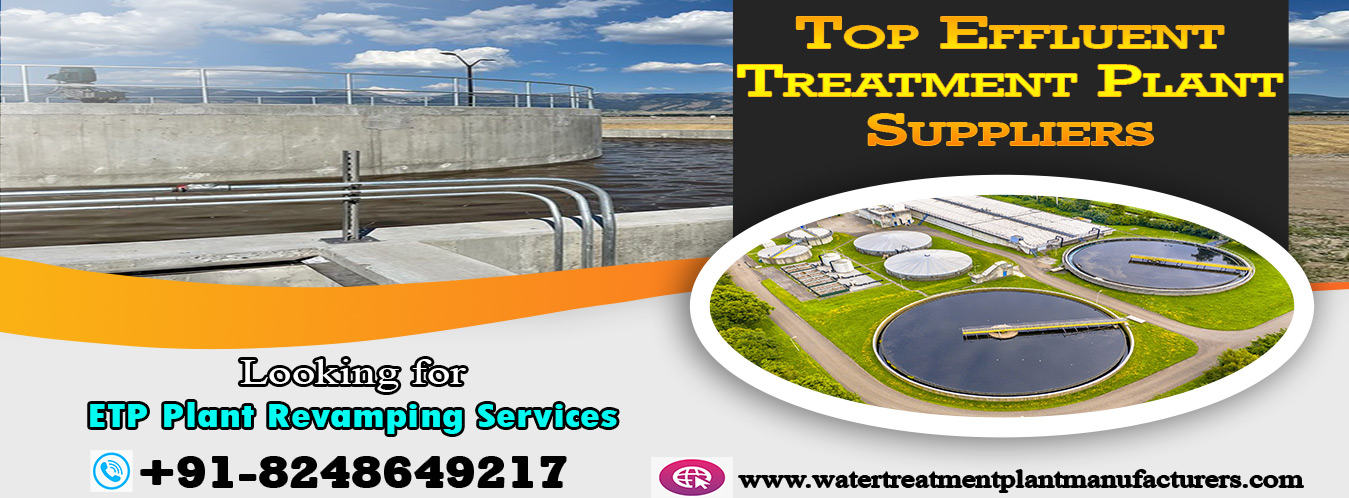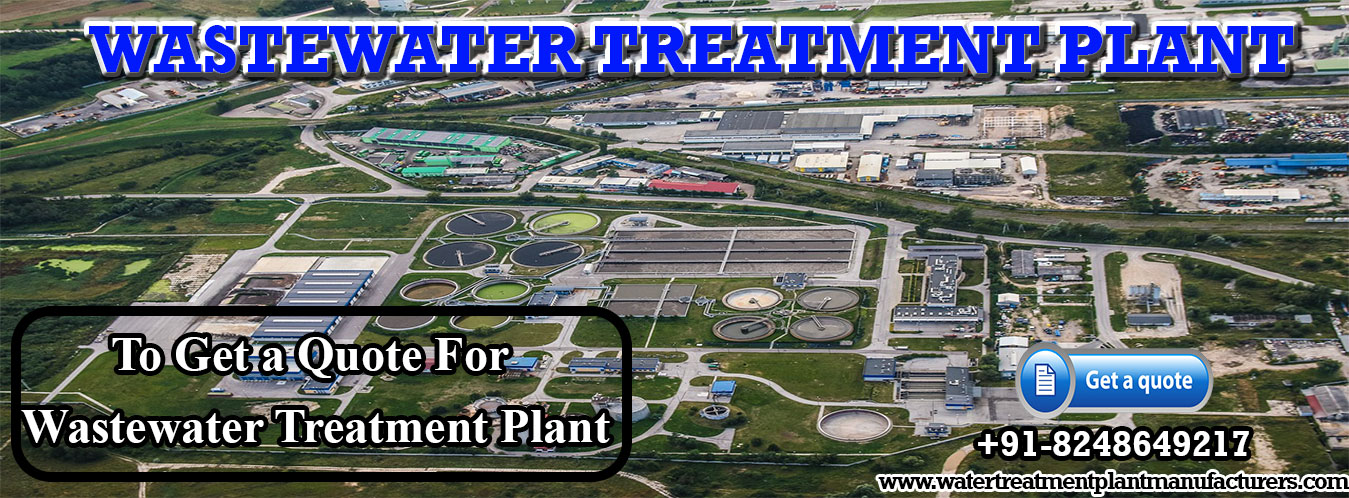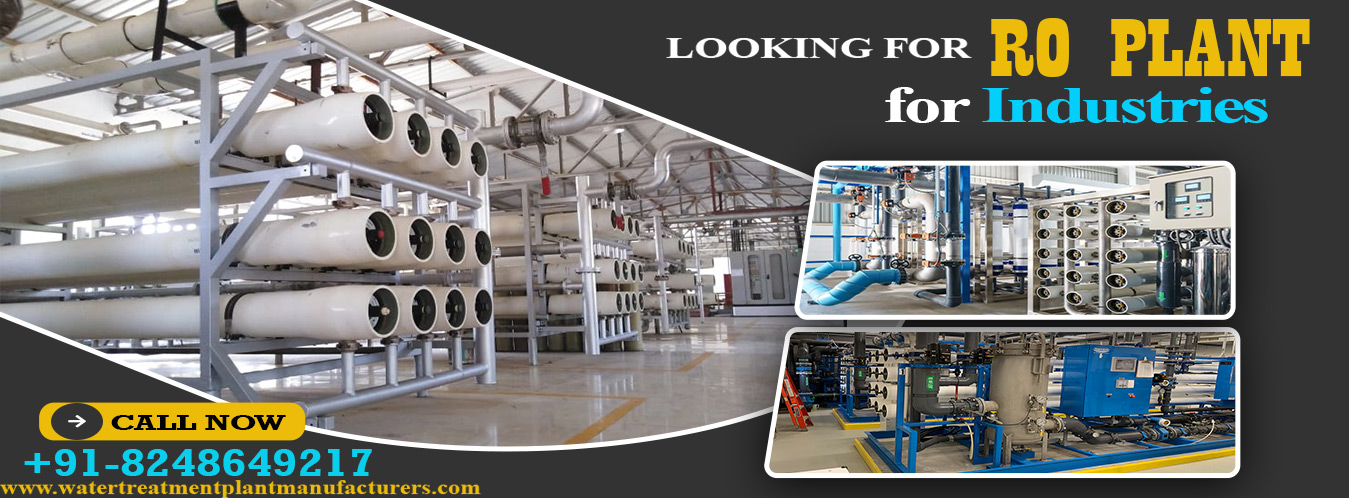
WELCOME
GJ WATER TECHNOLOGIES

WELCOME
GJ WATER TECHNOLOGIES

WELCOME
GJ WATER TECHNOLOGIES

WELCOME
GJ WATER TECHNOLOGIES
From a personal and environmental perspective, the ETP STP Plant Chemical Industrial Waste Treatment is essential to us. Effluent Treatment Plants employ sophisticated procedures that make use of a variety of chemicals to clean spent water of pollutants, toxins, and other natural compounds so that it can be safely returned into the environment. In order to cleanse the water and sustain a stable pH level, effluent treatment plants use a variety of techniques, including biological and chemical processing.
Due to their precise composition, purity, and safety for pre-treating drinking, process, and effluent water, the variety of ETP STP Plant Chemicals is highly favoured in the industry. To meet a variety of industrial applications, they are utilised throughout many industries. To ensure high levels of quality, the entire line is thoroughly inspected. With these, turbidity, colour, ammonia, iron, manganese, bod, cod, SDI, arsenic, and fluoride removal can be rehabilitated well.
Water purification and waste water treatment both use chemicals from the ETP STP Plant. The series is extensively used in many industries, including the textile and paper industries. As a result of their antiseptic and disinfectant qualities, they are being used in many dissimilar fields.
Relying on the appliance, let's talk about the chemicals used in wastewater treatment plants.
You will add the essential chemicals to the water that contains alkalis and other acidic acids in order to balance the pH level of the wastewater.
Heavy metals in wastewater may be eliminated by a method called chemical precipitation. To eliminate impurities from the water, you will add the precipitation catalyst. To form solid particles, the catalyst forms ionic bonds with heavy metals. By utilising filtration, these solid particles are subsequently eliminated from the water.
Chemical coagulants are substances with an aluminium or iron base that aid in the removal of pathogens, fluoride, natural substances, and other pollutants. By adding a charged coagulant that lowers the charge of the wastewater particles, they attempt to undermine them. Filtration will eliminate the bigger bodies formed by the waste particles.
Through charge bridging and magnetic neutralisation, flocculants assist in eliminating very small particles from the wastewater treatment plant. The addition of flocculants encourages waste particles to form clumps or flocs that will settle out during the sedimentation process.
A number of dangerous pollutants can give off a foul odour in water. Utilizing oxidants, iron salts, biofiltration, and other technologies are just a few successful wastewater treatment techniques that keep the water smelling fresh.
Before discharging it back into the environment, wastewater treatment plants must process water containing oil and grease residue. Grease can be broken down by solvent chemicals, making it easier to eliminate.
Chemical oxidation is a technique used in wastewater engineering to transform contaminants into less harmful particles. This aids in surface water treatment. Peroxide, chlorine antibiotics, and other substances found in water are often lessened by reducing agents such sodium bisulfite, sodium hydrosulfite, and other chemicals.
Controlling nitrates, phosphates, organic bottom sludge, and odours in lakes and ponds can be done completely natural with ETP STP Plant Chemical. Any organic waste manufactured by pond animals and plant life can be broken down by the unique combination of bacteria. The cultures are utterly safe and won't affect people, animals, plants, birds, or the environment.
• Diminishes phosphorus and nitrogen compounds in ponds and lakes
• Lowers pond BOD and COD levels
• Develops the aquatic ecosystem
• Sustains stable oxygen levels in pond bottoms
• Makes pond and lake water clear
• Eliminates sulphides and any type of offensive odour.
• All organic and inorganic substances are oxidised.
• Diminish sewage water's BOD and COD.
• Produces MLSS.
• Produces Aerobic Microorganisms.
• A safe environment
• Simple to use.
• Cuts down on blower operation time and provides to energy conservation.
The ETP STP Plant Chemical product lines are created with premium chemicals that are bought from respectable and approved suppliers. For the treatment of sewage water, definite chemicals combine organic substances, enzymes, and microorganisms. They aid in the exile of sulphurous components that give sewage a bad odour.
They are biodegradable products that make the sewage environmentally-safe and lower the number of germs in STP Tanks. Defoam usage in wastewater is feasible that a defoaming agent is a chemical addition that aids in minimising the amount of trapped air and foam manufactured during the wastewater treatment process. Antifoam agents stop the air from developing again, whereas defoaming agents remove the existing foam. Most often, silicone is employed as a defoaming agent.
Purchase from manufacturers the basic ETP STP Plant Chemical and Products. They offer top-notch wastewater treatment options that adhere to industry standards and assist you efficiently conserve, reuse, and recycle water. They have particularly designed technologies to ease the strain on industrial and commercial sewage treatment systems.
ETP STP Plant Chemicals are created with premium chemicals that are bought from respectable and approved suppliers in the market. To assure that clients receive items of the highest calibre and without defects, quality analysts also perform rigorous examinations on these compounds.
At a respectable associate's amenity, these substances are expertly synthesised using premium-quality ingredients. Due to its exact pH value, purity, correct composition, and extended shelf life, this series is well considered in the industry. Customers can purchase goods from us for reasonable costs on the open market.
In order to process wastewater and make it useful, effluent treatment plants. However, because treating the effluents inside the wastewater requires careful handling of a number of chemicals, it is essential to understand the science and reasoning of applying these approaches.
Industrial wastewater treatment amenities are also responsible for following to many government rules; for this reason, having a proficient wastewater specialist is beneficial because they have a deeper understanding of the subject and can assist you negotiate various chemical processes.
From a personal and environmental perspective, the ETP STP Plant Chemical Industrial Waste Treatment is essential to us. Effluent Treatment Plants employ sophisticated procedures that make use of a variety of chemicals to clean spent water of pollutants, toxins, and other organic compounds so that it can be safely returned into the environment.
Due to their precise composition, purity, and safety for pre-treating drinking, process, and effluent water, the assortment of ETP STP Plant Chemicals is highly favoured in the industry. To meet a variety of industrial applications, they are utilised throughout numerous industries. To ensure high levels of quality, the entire line is rigorously inspected. With these, turbidity, colour, ammonia, iron, manganese, bod, cod, SDI, arsenic, and fluoride removal can be treated well.
Heavy metals in wastewater may be removed by a method called chemical precipitation. To remove impurities from the water, you will add the precipitation reagent. To form solid particles, the reagent forms ionic bonds with heavy metals. By utilising filtration, these solid particles are subsequently removed from the water.
Before releasing it back into the environment, wastewater treatment plants must process water containing oil and grease residue. Grease can be broken down by solvent chemicals, making it easier to remove.
Controlling nitrates, phosphates, organic bottom sludge, and odours in lakes and ponds can be done entirely naturally with ETP STP Plant Chemical. Any organic waste produced by pond animals and plant life can be broken down by the unique combination of bacteria. The cultures are absolutely safe and won't affect people, animals, plants, birds, or the environment.
